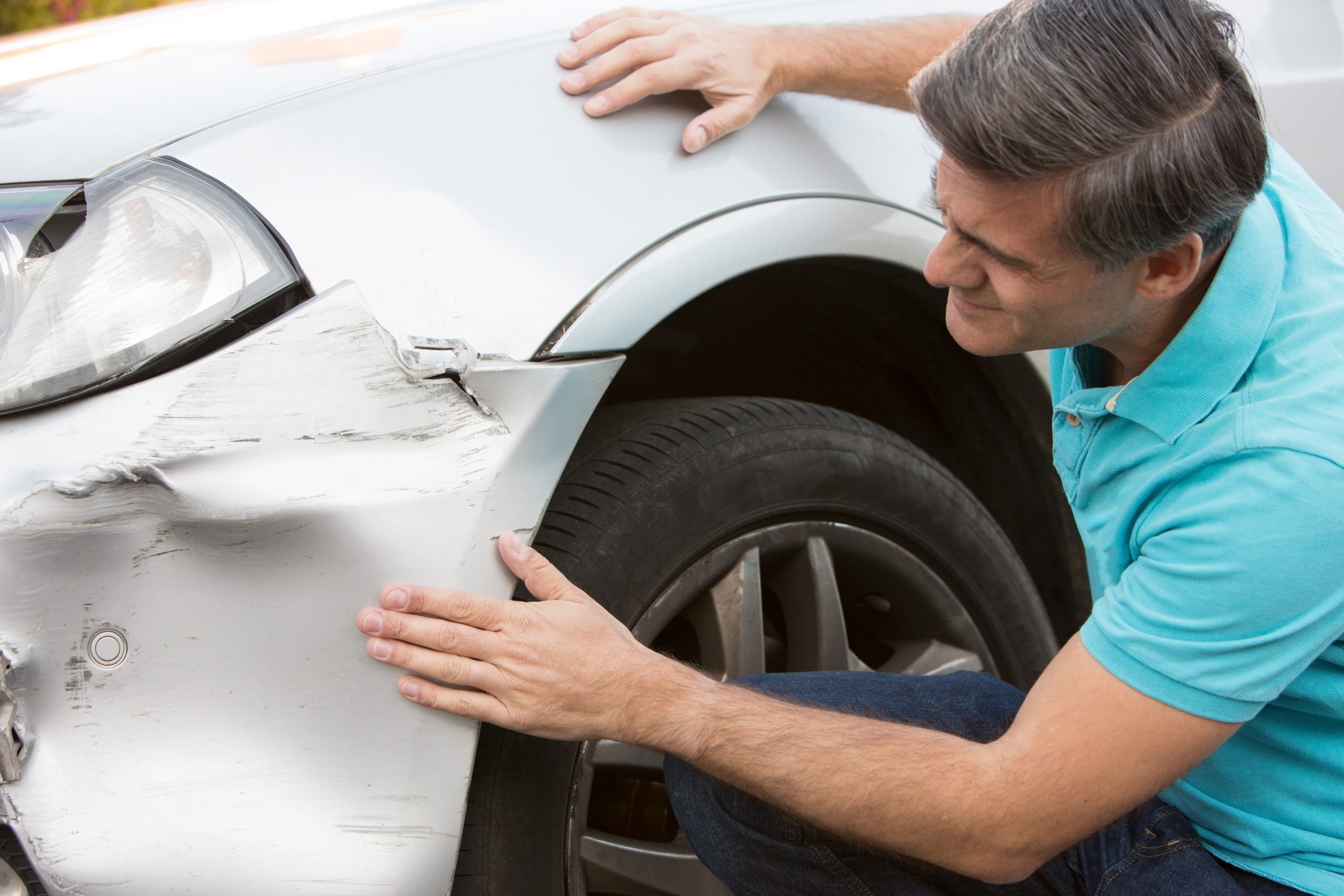Buying a car represents an important financial commitment, often requiring thoughtful research and preparation. One often-overlooked factor is the car’s history, particularly whether it has been in an accident.
Gaining an understanding of a vehicle’s past can reveal key details about its condition and potential long-term reliability.
Thankfully, there are several methods and resources available to uncover this critical information.
1. Vehicle History Reports
Obtaining a vehicle history report is one of the most effective ways to determine whether a car has been in an accident.
These reports collect data from various sources, such as insurance providers, law enforcement, and repair shops.
Services like Carfax.ca and VinAudit.ca compile comprehensive reports detailing aspects such as accident history, title records, and service logs.
Although these reports often come with a fee, the peace of mind they offer can be well worth the cost.
Also Read: Self-Driving Cars and Liability: Who’s to Blame in an Accident?
2. VIN Check
Another essential step involves running a Vehicle Identification Number (VIN) check to verify the car’s authenticity and background.
This process involves checking the VIN against records to confirm details like the car’s make, model, year, and accident history.
Various online tools and government services provide VIN lookup options, helping buyers cross-check the information and assess the vehicle’s legitimacy.
3. Mechanic Inspection
Hiring a professional mechanic to examine the vehicle is strongly advised, especially when purchasing a pre-owned car.

Experienced mechanics can detect issues that may not be immediately apparent, such as structural damage or evidence of previous repairs.
Common indicators include mismatched paint, uneven gaps between panels, or signs of poor-quality repairs—all of which can point to prior collision damage.
A thorough inspection before purchase can prevent future expenses from hidden mechanical issues.
4. Visual Assessment
Even without professional expertise, conducting a visual inspection can offer helpful insights into the car’s condition.
Look closely at exterior elements like bumpers, fenders, and doors for dents, scratches, or uneven paintwork.
Inside the car, check for deployed airbags, worn upholstery, or misaligned panels, as these could indicate past accidents or repairs.
5. Title Verification
Examining the vehicle’s title can provide crucial information about its history.
A salvage or rebuilt title usually signals extensive damage and repairs following a vital accident.
Although cars with salvage titles may be less expensive upfront, they often pose insurance or resale challenges and may come with hidden problems.
On the other hand, a clean title generally means the car has not been involved in major accidents, offering greater confidence for buyers.
6. Online Tools and Communities
Exploring online resources, such as forums, social media groups, or consumer review platforms, can also help uncover details about a car’s past.
Engaging with experienced buyers or car enthusiasts may reveal potential concerns and provide useful tips.
Additionally, resources like Transport Canada’s website can aid in researching vehicle safety ratings and recalls, equipping consumers with more comprehensive knowledge.
Also Read: Finding the Value of a Discounted 2024 Ford Mustang GT After an Accident
Conducting thorough research into a vehicle’s accident history is crucial for making an informed purchase.
By utilizing resources such as history reports, VIN checks, professional inspections, and personal assessments, buyers can uncover important details about the car’s background.
Adding title verification and online tools to the mix further enhances the ability to avoid potential pitfalls.
Taking the time to investigate these factors can protect buyers from unexpected repairs and costly mistakes, ensuring a safer and more satisfying ownership experience.

